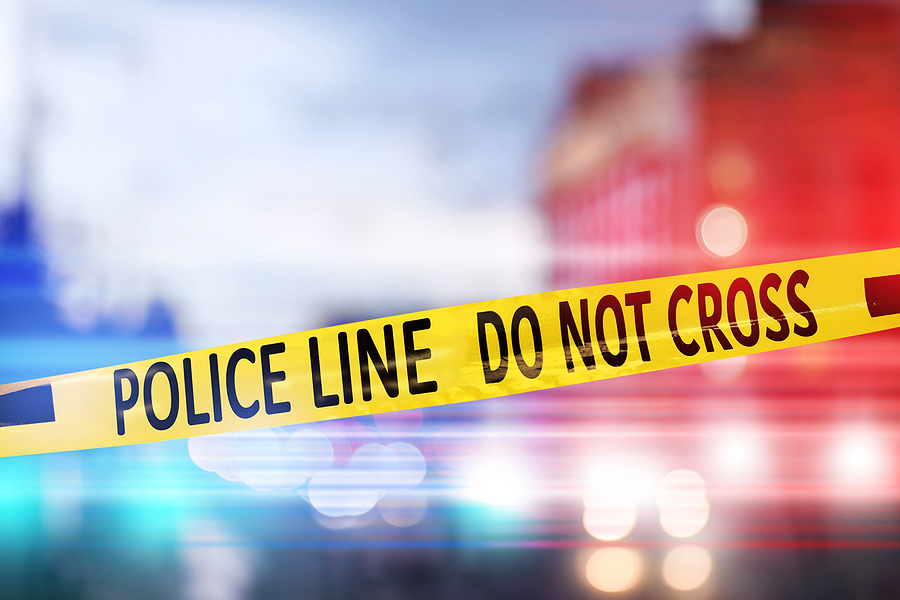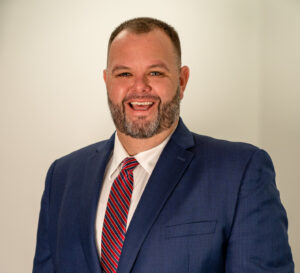
After a car accident, you will need to prove your injury claim with evidence. This is the main reason to hire an attorney.
Immediately after your accident occurs, you should start collecting evidence to help your attorney build a case against the at-fault party. The more evidence you’re able to collect early on (from the scene of the accident) the better.
You may be shaken up after your car accident. If you’ve never been in an accident before, they can be both mentally and physically jarring, putting a large amount of stress on your plate. It’s likely that every person will get into a car accident at least once in their lifetime, as approximately six million car accidents occur each year. Out of those six million accidents, two million people experience permanent injuries from car accidents each year.
Whether your injuries are minor or severe, it’s important to try and keep a level head about the situation. Gather as much evidence as you can and follow procedures laid out by your attorneys and doctors. Make sure that you’re not speaking to insurance companies and make sure that you are following up with your medical treatment as required.
We understand that your situation may be stressful, so we’re here to guide you as best we can. You can help us (and your case) by gathering evidence at the scene of the accident. However, we don’t only rely on your evidence to build your case.
Evidence and the Burden of Proof
The “burden of proof” simply means that the responsibility that comes with obtaining compensation lies with the person who’s seeking the damages. This means that plaintiff is required to establish that the other party was at-fault for the car accident injuries. This includes collecting evidence and proof that the defendant acted with negligence and caused the car accident.
In the simplest of terms, this means that the person who files the lawsuit is responsible for collecting evidence (along with their attorney) so they can receive compensation.
Evidence from the Scene
After a car accident occurs, you should check on your passengers and any other involved parties to make sure that no one is seriously injured before you begin your own investigation of the accident. Check for signs of spinal cord injuries, such as inability to move, signs of traumatic brain injury, such as loss of consciousness, and any other signs that may be troubling, such as a great loss of blood or a person in great pain.
Once you’ve ensured that everyone is okay, call 911 for emergency services. You can then proceed with collecting evidence from the scene. Evidence directly from the scene, right after the accident occurs, is incredibly important. It can depict exactly what happened with the freshest eyes.
Police Report
Filing a police report at the scene of the crime is one of the most important things you can do for your case. Some may try and convince you not to contact the police, but it’s in your best interest to do so. A police report provides solid evidence for your case taken by a third-party investigator who knows what to look for and what to ask.
Your Collected Evidence
Your collected evidence, such as pictures, videos, and voice recordings can also help your attorney build your case. Pictures paint a thousand words and may be able to show fault. For example, if the at-fault party skidded to a stop, leaving skid marks, that’s a pretty good indication that they were speeding and couldn’t slow down fast enough.
Those skid-marks would likely be documented by the police report as well. However, having secondary evidence (from a different angle) is all the more helpful in placing liability.
Witness Statements
After the accident, you should speak with anyone who may have witnessed the crash and ask for their contact information. You should also encourage them to stick around to speak with the investigating police officer. A police report with a witness statement on your side is nearly bullet-proof evidence for your case. Even if they don’t speak with the police officer, your attorney can contact them at a later date for a statement.
Evidence of Damages
Evidence of the damages that you’ve incurred since the accident occurred are also necessary to move forward with your case. You can present evidence of damages by using medical bills, receipts, and more. As you pay for things, make sure you keep a detailed record of all your receipts and bills.
You may also want to keep a journal of how you’ve been feeling. This will make it easier to analyze how much your quality of life has changed. Non-economic damages like pain and suffering are calculated by looking at the change to your quality of life. Therefore, keeping this journal can be helpful for both you and your attorney.
Interrogatories
You can obtain information from the at-fault party through interrogatories. These are written questions that the defendant must answer under oath. Interrogatories are used to gather evidence from the at-fault party before going to trial. For example, your attorney may use an interrogatory to learn more about the defendant’s behavior prior to the car accident.
Contact a Car Accident Personal Injury Attorney
If you or someone you love has been injured in a car accident, please contact one of our talented attorneys here at The Eberst Law Firm for more information. With offices in Stuart, Gainesville, and Daytona Beach, Florida. You can contact us online, by chat, or by calling us at 352-269-0017.
